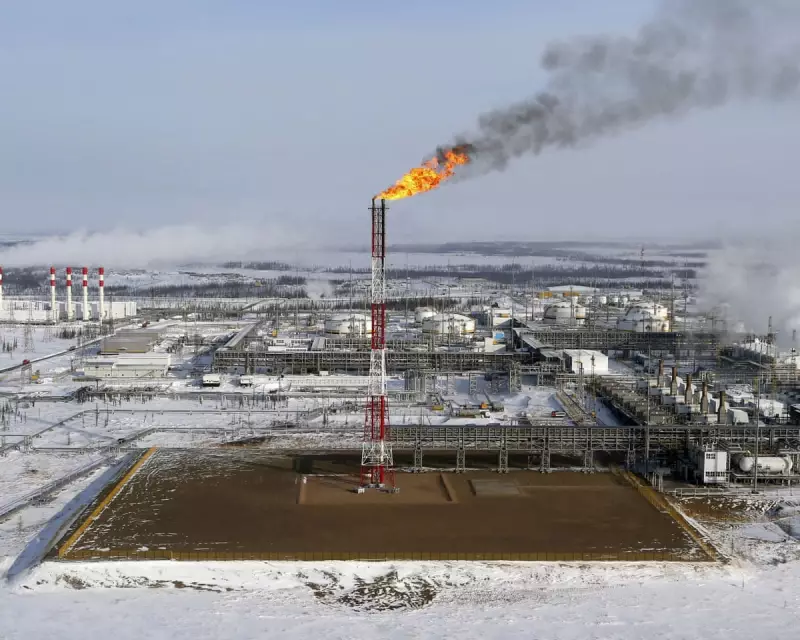
In a bold geopolitical manoeuvre that has sent shockwaves through global energy markets, the Trump administration has unleashed a new wave of sanctions targeting Russia's vital oil sector. The move, announced this week, represents one of the most aggressive economic actions against Moscow in recent years, but experts are already questioning whether it will achieve its intended goals.
What Exactly Has Trump Sanctioned?
The sanctions package takes direct aim at several key Russian oil companies and their international trading operations. Unlike previous measures that targeted specific individuals or entities, this broadside attempts to constrict the financial lifeblood of Russia's most important export industry.
The timing is particularly significant, coming amid ongoing geopolitical tensions and just months into the new administration. Analysts suggest this represents a fundamental shift in approach toward Moscow, moving from targeted pressure to comprehensive economic confrontation.
The Effectiveness Debate: Will It Actually Work?
Energy market specialists and geopolitical analysts are deeply divided on whether these sanctions will achieve their strategic objectives. Several critical factors will determine their success or failure:
- Global oil price impact: Restrictions on Russian supply could drive up global prices, potentially benefiting other oil-producing nations while hurting consumers worldwide
- Alternative markets: Russia may simply redirect exports to Asian markets, particularly China and India, who have shown little interest in joining the sanctions regime
- Enforcement challenges: The complex nature of global oil trading creates numerous loopholes that determined actors can exploit
- European dependence: Despite efforts to diversify, many European nations remain heavily reliant on Russian energy supplies
Broader Geopolitical Implications
This sanctions package extends far beyond mere economic measures. It represents a significant escalation in the ongoing standoff between Washington and Moscow, with potential ripple effects across multiple regions and international relationships.
"What we're seeing here is economic warfare with global consequences," noted one European energy analyst who wished to remain anonymous. "The Trump administration is betting that hurting Russia's oil revenue will force political concessions, but history suggests these calculations are rarely so straightforward."
Market Reactions and Future Scenarios
Initial market responses have been volatile, with oil prices experiencing significant fluctuations as traders assess the potential long-term supply impacts. The sanctions have already triggered:
- Immediate price spikes in certain crude benchmarks
- Increased trading activity in alternative energy sources
- Renewed interest in energy security investments
- Strategic repositioning by major international oil companies
Looking ahead, the success of these sanctions will depend heavily on international cooperation, market adaptations, and Russia's ability to develop countermeasures. One thing is certain: the global energy landscape has just become considerably more complex, and all eyes will be watching how this high-stakes economic confrontation unfolds in the coming months.





